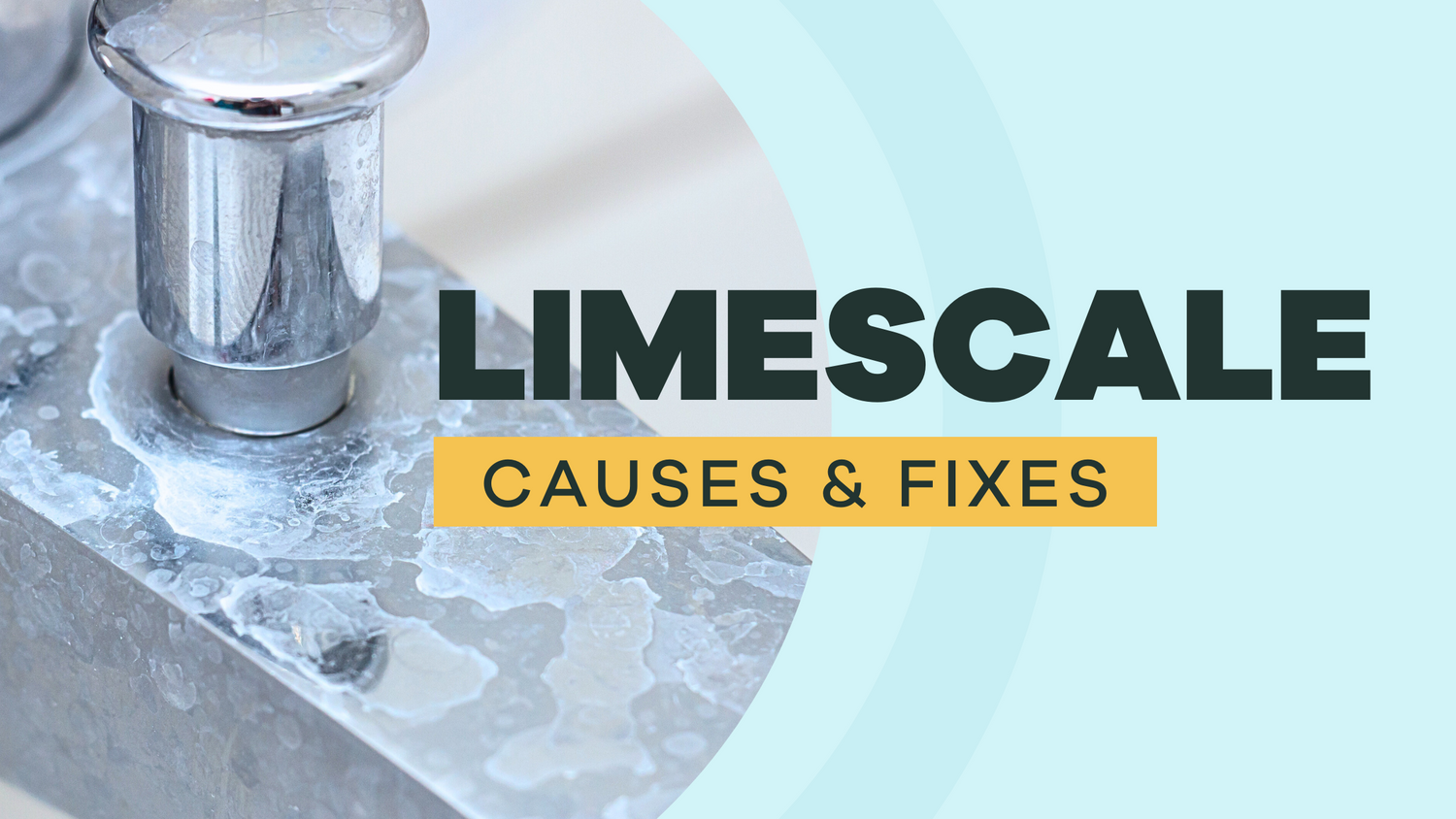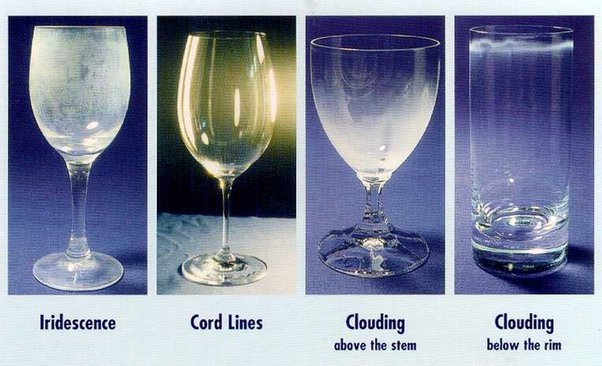Have you ever poured yourself a refreshing drink only to notice a white residue clinging to your glass? It can be frustrating and a bit concerning, leaving you wondering about its origin and whether it’s safe.
You’re not alone in this mystery, and getting to the bottom of it is easier than you might think. By understanding what causes this pesky white film, you can take simple steps to ensure your glasses sparkle with clarity every time.
Uncover the secrets behind the residue and make sure your next sip is as pure as it should be. Let’s dive into the causes and solutions so you can enjoy your drinks worry-free.

Credit: www.finish.co.uk
Common Sources Of White Residue
Minerals like calcium and magnesium are present in water. These minerals can leave white marks. They stick to glass surfaces. This happens when water dries. Mineral deposits are common in many areas. Especially where water is hard. The residue is harmless but looks bad.
Soap used for washing can leave scum. This scum forms white spots. It mixes with minerals in water. Soap scum can be sticky. It stays on glasses and is hard to clean. Rinsing with clean water helps. Using less soap can also help.
Hard water has more minerals. These minerals cause residue on glasses. The residue is white and chalky. It builds up over time. Hard water can make cleaning tough. Special cleaners can remove hard water stains. Regular cleaning is important.
Impact Of Water Quality
Hard water can leave a white residue on glasses. This happens because of minerals in the water. These minerals are calcium and magnesium. They stick to the glass when water dries. This makes the glass look dirty.
Calcium and magnesium are common in tap water. They are natural but can cause problems. When water dries, these minerals stay behind. They are not harmful to drink. But they make glasses look cloudy. Regular washing may not remove this residue.
Dishwashing Techniques
White residue on drinking glasses often comes from hard water deposits or detergent buildup. Minerals like calcium and magnesium leave cloudy marks after washing. Proper rinsing and using less detergent can help keep glasses sparkling clean.
Proper Detergent Use
Using the right amount of detergent is important. Too much detergent can leave a white film on glasses. This happens because excess soap doesn’t rinse off. Use only a small amount of detergent. This helps avoid residue. Make sure to choose a detergent for hard water. It helps prevent cloudy glasses. Soft water needs less detergent. Read the instructions on the detergent box. Follow them carefully for best results.
Rinse Aid Benefits
Rinse aids help water slide off glasses. They prevent spots and residue. Use a rinse aid in your dishwasher. It helps the drying process. Rinse aids make glasses shine. They help keep glasses clear and bright. Add rinse aid to the dishwasher dispenser. This ensures even distribution. Check the rinse aid level often. Refill when needed to keep glasses clean.

Credit: mytapscore.com
Cleaning Methods To Remove Residue
White residue on glasses often comes from hard water. Vinegar can help remove it easily. Mix equal parts vinegar and water. Soak the glass for 10 minutes. Rinse well with clean water. Dry with a towel to avoid spots. Vinegar is safe and natural. It breaks down minerals. Cheap and effective.
Another method is using baking soda. It acts as a gentle scrub. Mix baking soda with a little water. Make a paste. Apply to the glass with a sponge. Scrub gently in circles. Rinse thoroughly with water. Baking soda is non-toxic. It helps to polish the glass. Removes residue and leaves glasses clear.
Preventive Measures
Clean glasses often to prevent white residue. Use warm water and mild soap. Rinse well and dry with a soft cloth. Avoid air drying. Air drying can leave spots. Check for scratches or chips. Scratches hold residue. Replace damaged glasses to keep them clean.
Hard water causes residue on glasses. Consider water softening systems. They reduce mineral buildup. Use vinegar to soften water for cleaning. Commercial water softeners are available. They work well for home use. Choose one that fits your needs.

Credit: www.reddit.com
Choosing The Right Detergent
Phosphate-free detergents help keep glasses clear. Phosphates can leave a white film. This film is hard to remove. Phosphate-free options are better for health. They are also safer for the environment. They clean effectively without harsh chemicals. These detergents are gentle yet strong. They protect your glasses and nature.
Eco-friendly alternatives are also available. They use natural ingredients. These ingredients break down easily. This means less pollution. They clean without leaving residues. Your glasses stay shiny and clear. Eco-friendly choices protect water sources. This helps keep nature clean. Choose these for healthier homes.
Frequently Asked Questions
What Is The White Stuff On My Drinking Glasses?
The white residue on drinking glasses is often mineral deposits from hard water. These deposits can be removed using vinegar or lemon juice. Regularly cleaning your dishwasher and using a rinse aid can help prevent buildup. Softening water may also reduce mineral residue on glassware.
How Do You Get White Haze Off Drinking Glasses?
Remove white haze from glasses by soaking them in a vinegar-water solution for 30 minutes. Rinse thoroughly and dry.
How Do I Get The White Residue Off My Glasses?
Clean glasses with vinegar and water mixture. Wipe gently using a microfiber cloth. Ensure lenses are thoroughly dry. Avoid harsh chemicals and abrasive materials. Regular cleaning prevents residue buildup. Store glasses in protective case when not in use.
Why Do Glasses Get White Film?
Glasses get a white film due to mineral deposits from hard water. This buildup occurs when water evaporates, leaving minerals behind. Regular cleaning with vinegar or specialized solutions can remove the film and restore clarity to the lenses.
Conclusion
White residue on glasses often comes from hard water minerals. These minerals, like calcium, leave spots after washing. A cloudy film can also result from dishwashing detergents. Rinsing thoroughly helps reduce this buildup. Regular cleaning keeps glasses clear and bright.
Consider using a water softener if hard water is the issue. Vinegar rinses can dissolve mineral deposits effectively. Paying attention to detergent quantity makes a difference. Spotless glasses enhance drinking experiences. Simple solutions lead to sparkling results. Remember, maintaining clean glasses adds joy to your meals.


